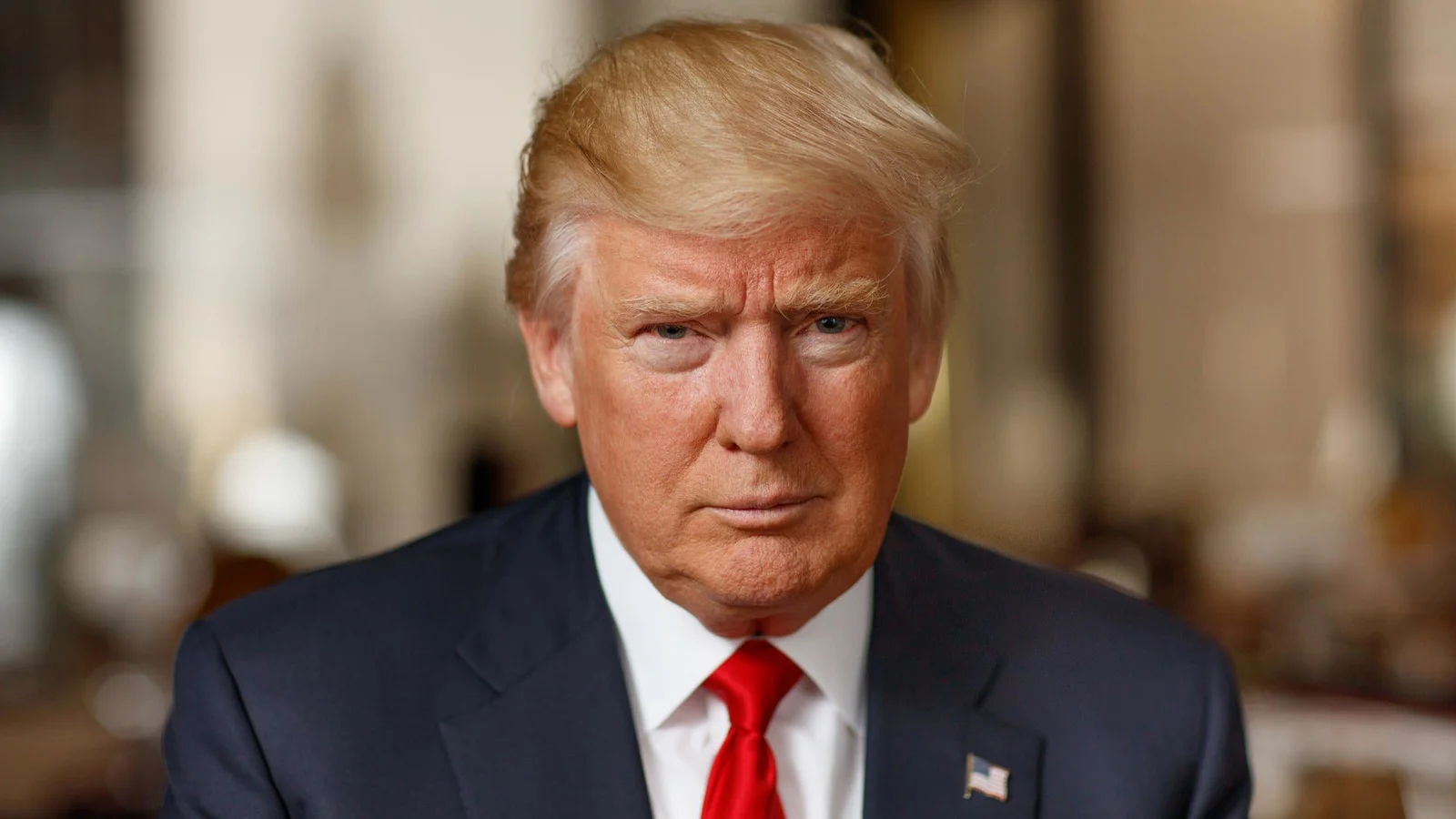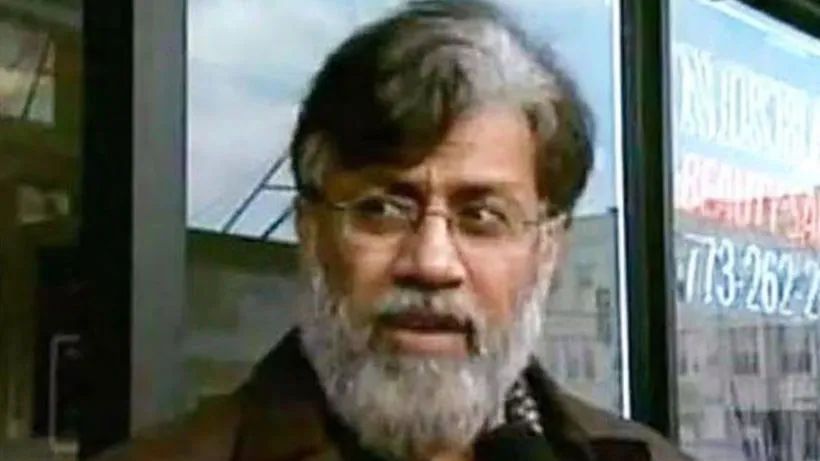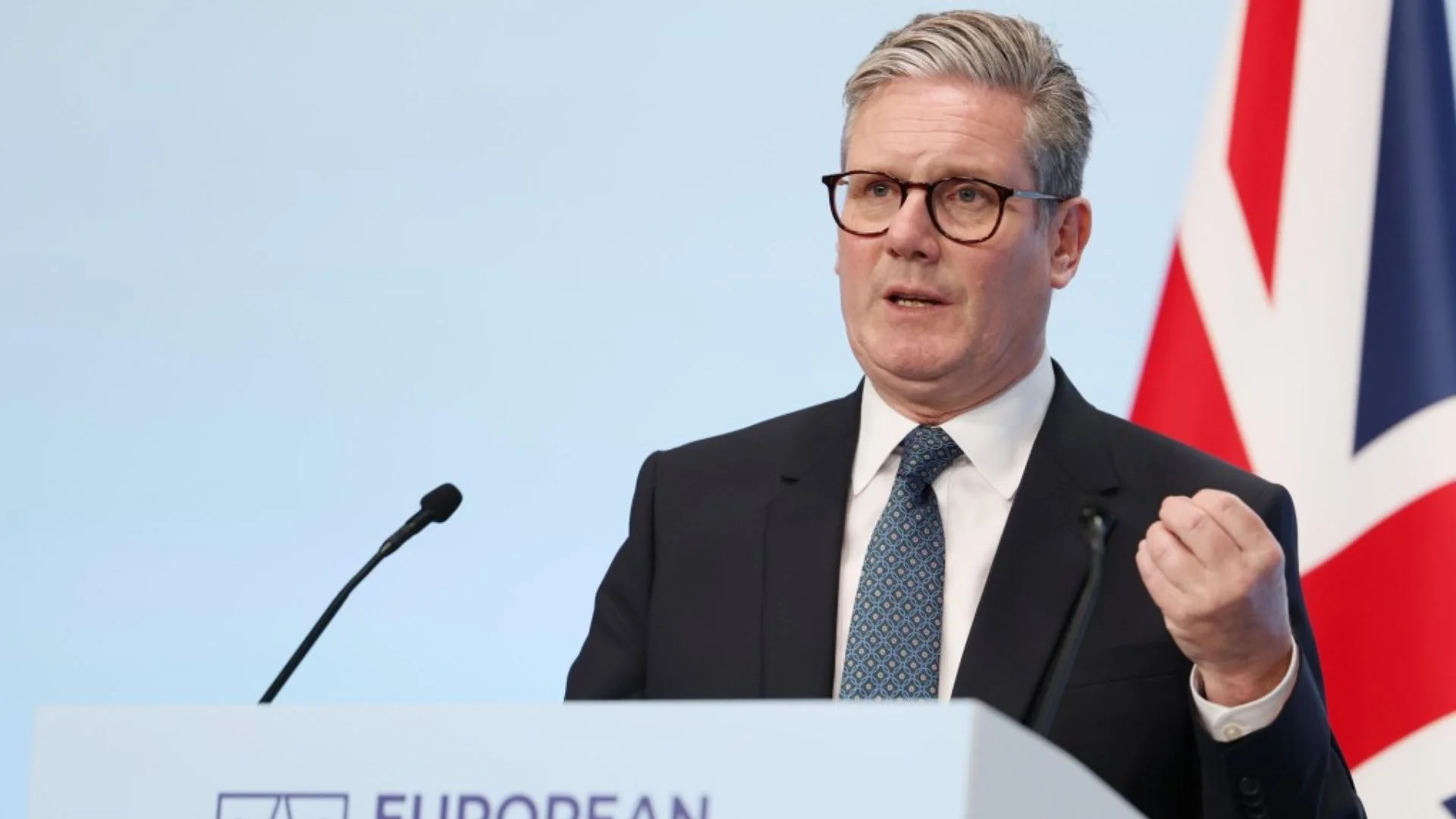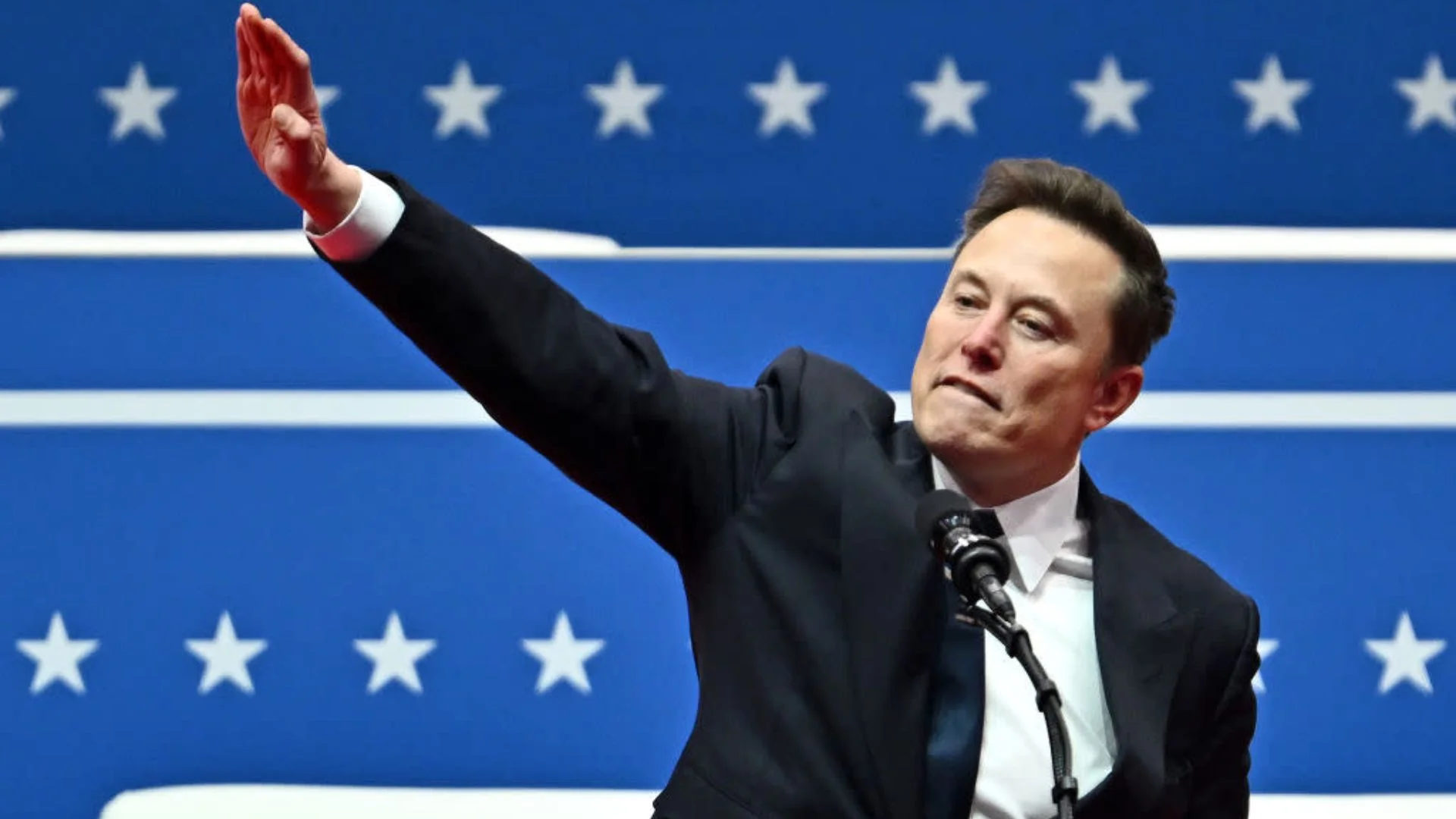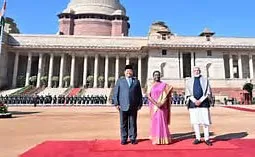US President Joe Biden sharply condemned Meta for ending third-party fact-checking on Facebook and Instagram in the United States. He described the move as “really shameful.” Biden emphasized that “telling the truth matters” and argued that the decision contradicted the core values of America.
Meta Shifts to User-Driven Fact-Checking
On Tuesday, Meta CEO Mark Zuckerberg announced that the company would stop using third-party fact-checkers in the US. Instead, it will implement a user-driven model called “Community Notes.” This approach, which allows users to help verify information, raised concerns about the potential spread of misinformation.
Global Concern Over Policy Change
The International Fact-Checking Network (IFCN) quickly raised alarms about the possible global impact. If Meta expands this policy worldwide, it could lead to political instability, election interference, and even violence in vulnerable countries. The IFCN stated, “If Meta decides to stop the program worldwide, it is almost certain to result in real-world harm.”
Zuckerberg Defends His Decision
In an interview with Joe Rogan, Zuckerberg defended the move. He compared the fact-checking program to something from George Orwell’s “1984” and argued that it destroyed trust, particularly in the US. Moreover, he criticized traditional media for pushing the narrative that social media influenced the 2016 election in favor of Trump.
Meta’s Criticism of Fact-Checkers
Zuckerberg claimed that fact-checkers were “too politically biased” and that the program resulted in excessive censorship. However, the IFCN rejected this claim. It emphasized that Meta’s fact-checking partners adhered to rigorous standards, ensuring impartiality and effectiveness.
Global Reactions and Legal Threats
The United Nations and Brazil’s government also weighed in on Meta’s policy shift. UN rights chief Volker Turk argued that regulating harmful content online is not censorship. Meanwhile, Brazil gave Meta 72 hours to explain how it plans to protect users’ rights on its platforms. Failure to respond could lead to legal action.
Concerns About Hate Speech
Supinya Klangnarong, co-founder of Cofact, a Thai fact-checking platform, expressed concern that Meta’s new policy could result in more hate speech and violence. Although Cofact is not part of Meta’s fact-checking program, Klangnarong emphasized the risks associated with allowing harmful content to spread unchecked.
Meta Loosens Restrictions on Sensitive Topics
In addition to the fact-checking change, Meta relaxed its rules regarding gender and sexual identity. The company’s updated community guidelines now allow users to accuse others of “mental illness or abnormality” based on gender or sexual orientation. This shift has raised further concerns about the potential for increased hate speech.
Trump’s Influence on Meta’s Policy
The timing of Meta’s policy overhaul, coming just weeks before Donald Trump’s inauguration, has sparked questions about external influence. Trump has long criticized Meta and Zuckerberg, accusing them of bias. As a result, he has threatened retaliation once he assumes office again.


